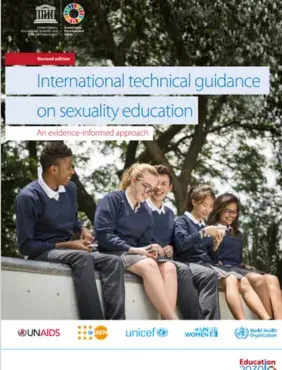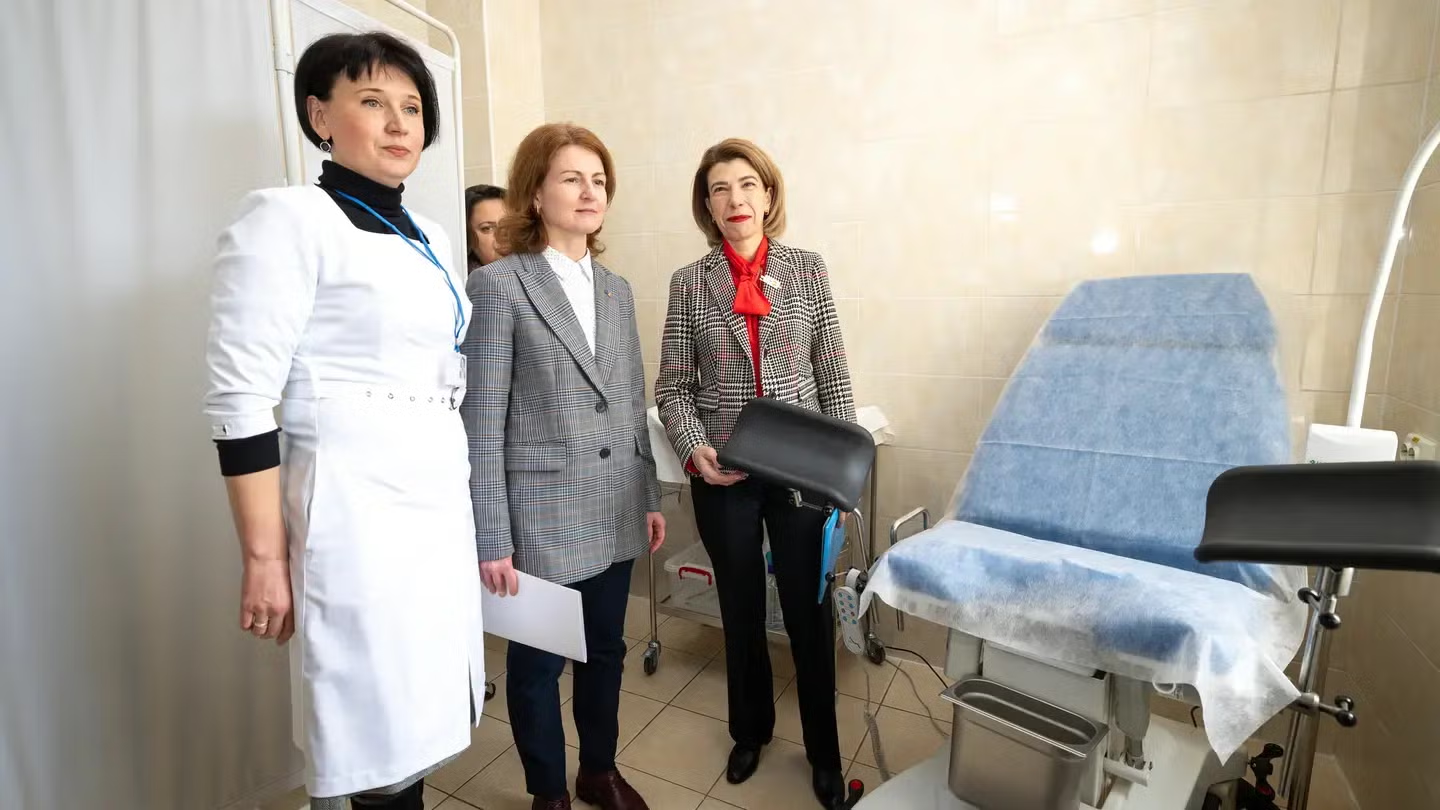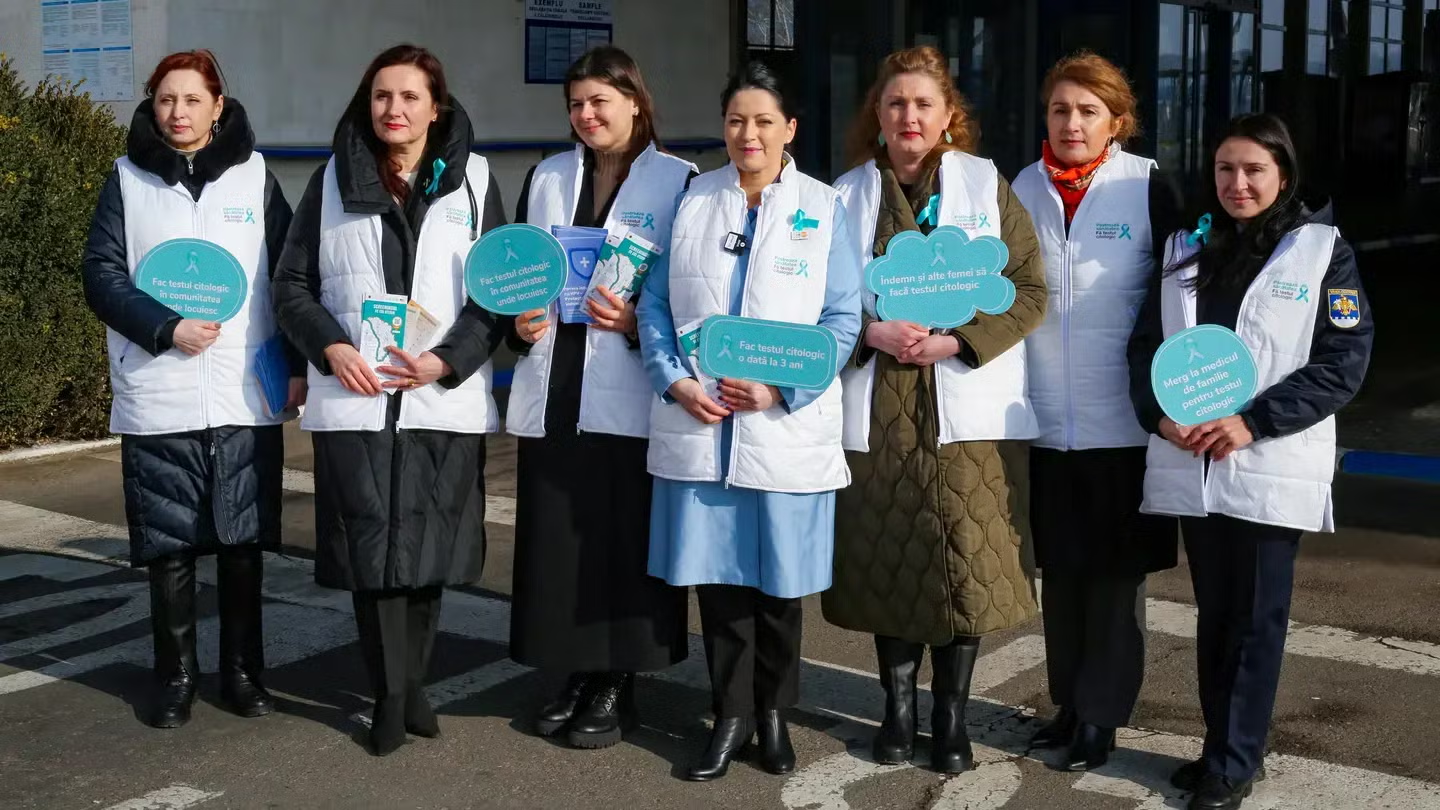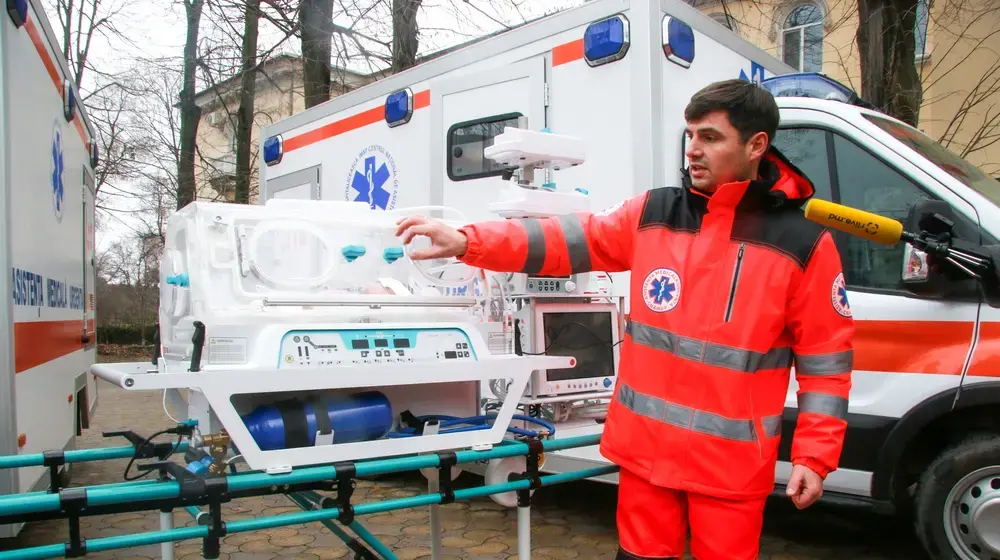Comprehensive sexuality education (CSE) plays a central role in the preparation of young people for a safe, productive, fulfilling life in a world where HIV and AIDS, sexually transmitted infections (STIs), unintended pregnancies, gender-based violence (GBV) and gender inequality still pose serious risks to their well-being. However, despite clear and compelling evidence for the benefits of high-quality, curriculum-based CSE, few children and young people receive preparation for their lives that empowers them to take control and make informed decisions about their sexuality and relationships freely and responsibly.
Many young people approach adulthood faced with conflicting, negative and confusing messages about sexuality that are often exacerbated by embarrassment and silence from adults, including parents and teachers. In many societies, attitudes and laws discourage public discussion of sexuality and sexual behaviour, and social norms may perpetuate harmful conditions, for example gender inequality in relation to sexual relationships, family planning and modern contraceptive use.
A significant body of evidence shows that CSE enables children and young people to develop: accurate and ageappropriate knowledge, attitudes and skills; positive values, including respect for human rights, gender equality and diversity, and, attitudes and skills that contribute to safe, healthy, positive relationships (see Section 4 – The evidence base for comprehensive sexuality education). CSE is also important as it can help young people reflect on social norms, cultural values and traditional beliefs, in order to better understand and manage their relationships with peers, parents, teachers, other adults and their communities.
Countries are increasingly acknowledging the importance of equipping young people with the knowledge and skills to make responsible choices in their lives, particularly in a context where they have greater exposure to sexually explicit material through the Internet and other media. The 2030 Agenda and its global Sustainable Development Goals1 (SDGs) calls for action to leave no one behind, and for the realization of human rights and gender equality for all. The mobilization of political commitment to achieve goals on education, gender equality, health and well-being, also provides an important opportunity to scale up existing or new multisectoral programmes to bring CSE to children and young people everywhere.
CSE programmes should be delivered by well-trained and supported teachers in school settings, as they provide an important opportunity to reach large numbers of young 1 https://sustainabledevelopment.un.org/post2015/transformingourworld people with sexuality education before they become sexually active, as well as offering a structured environment of learning within which to do so. CSE should also be made available to out-of-school young people and children – often the most vulnerable to misinformation, coercion and exploitation.





